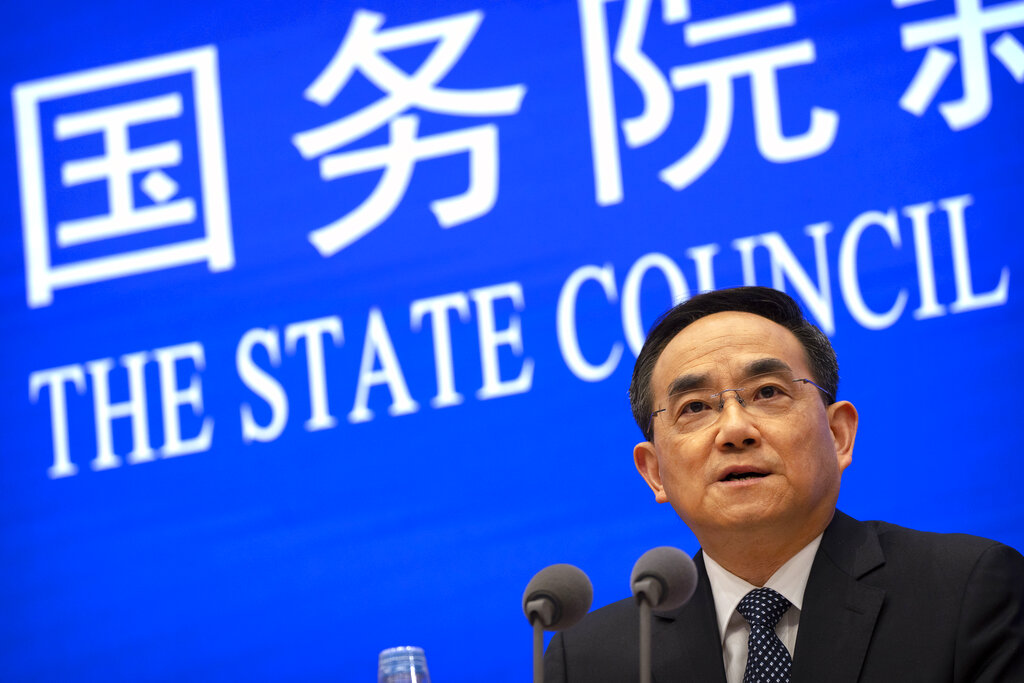As reported on AFN, China has refused to outright condemn Russia's military invasion, which kicked off just weeks after the two countries pledged closer cooperation to take on the West.
Be vigilant, not afraid, of computer-hacking RussiansSteve Jordahl, AFN On the heels of the White House warning about Russia and computer hacking, a computer expert says those threats are common but they might be happening more often because of war in Ukraine. At a White House press briefing Tuesday, American businesses were advised to improve their cyber-security measures in light of the economic pressure on Russia. “We've previously warned about the potential for Russia to conduct cyberattacks against the United States,” said Anne Neuberger, a national security advisor, “including as a response to the unprecedented economic costs that the U.S. and allies and partners imposed in response to Russia's further invasion of Ukraine." Mark Bye, a longtime computer security expert, tells AFN the Russians are likely “probing” numerous targets in the U.S. “The kind of things that happen literally every day to almost every public company,” he advises. “It's just ramped up.” The U.S. government has singled out some sectors of the economy, such as banks, energy, and communication, to be on guard from cyberattacks. Bye, who works in the financial sector, says most of those companies operate with very advanced security. The key, he says, is to remain vigilant. "Do the things that you already know to do,” he advises, “and don't assume that they're done.” |
“Friendship between the two States has no limits,” a joint statement, signed before the Winter Olympics, reads. "There are no ‘forbidden’ areas of cooperation.”
Yet China is now walking a diplomatic tightrope in light of numerous nations condemning and punishing Russia and its leader, Vladimir Putin, which means China is witnessing its ally seek help from its few allies around the world. The strongest of them, of course, is China.
Steven Mosher, who leads the Population Research Institute, lived for many years in China and is now a recognized authority on the country and its people. His observation of Russia, four weeks into the invasion, is to recognize the nation represents a military threat from the past as evidenced by the terrible progress of its army.
“One thing I think that's become clear in the Ukrainian invasion is that the Russian military is no longer the force that we thought it was 30 years ago in the days of the Soviet Union,” he says. “It has performed very, very poorly. It's very clear that Russia is no longer a superpower."
But that dismissive view of Russian military might is not the issue, Mosher further explains, because China’s communist leaders see a business opportunity in a country that is being isolated and cut off from the West.

“If you combine Russian raw materials and resources – oil, natural gas, and wheat – with China's population and industrial base,” Mosher surmises, “you have a power capable of dominating the world.”
Regarding China's view of the United States, Mosher says the U.S. is being seen as weak because of our weak leaders.
President Xi Jinping spent almost two hours talking to President Joe Biden, Mosher says, referring to their recent video conference to discuss Ukraine. That conversation, he insists, only assured China that Biden is a poor leader and there is no respect for Biden and his White House in Beijing.
"I suppose," Mosher concludes, "we should be pleased our president was able to carry on a sustained conversation for two hours."







